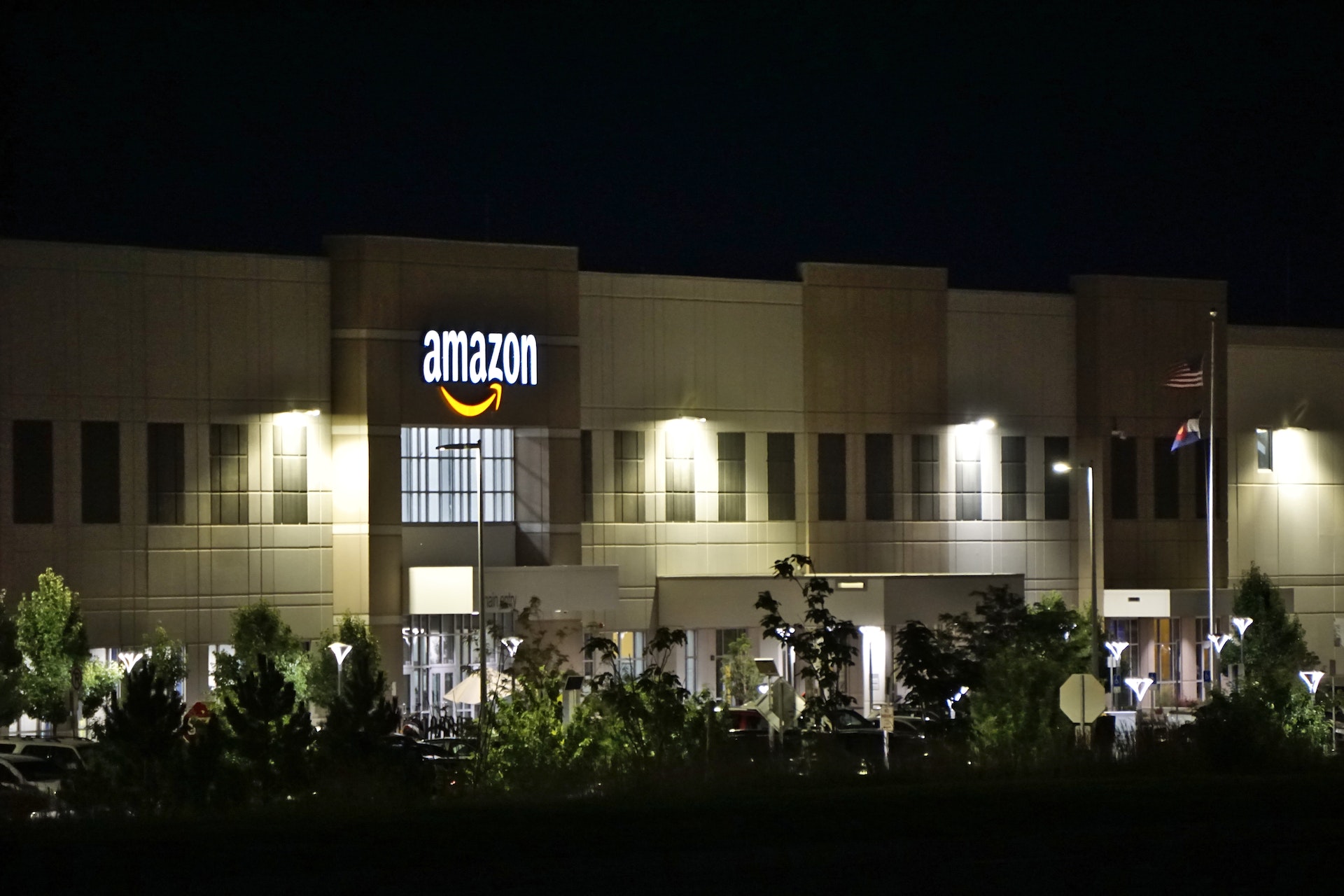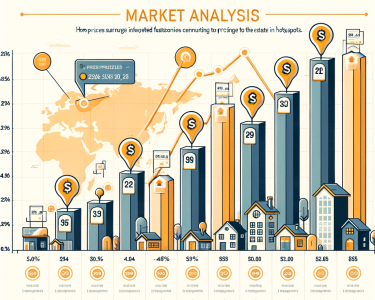As interest rates continue to rise, the real estate market is beginning to feel the impact. The Federal Reserve has been gradually increasing interest rates in response to a growing economy and concerns about inflation. This has caused mortgage rates to rise, which could potentially slow down the housing market.
The housing market has been booming in recent years, with home prices increasing rapidly in many areas. Low interest rates have played a major role in this, making it easier for buyers to afford homes and encouraging more people to enter the market. However, with interest rates on the rise, buyers may be less inclined to take out mortgages, which could lead to a decrease in demand for homes.
Additionally, rising interest rates could make it more difficult for homeowners to refinance their mortgages. This could lead to more foreclosures and a higher inventory of homes on the market, which would ultimately drive down home prices.
On the other hand, some experts argue that rising interest rates could actually benefit the housing market in the long run. Higher interest rates may make it more difficult for some buyers to enter the market, but it could also help to prevent a housing bubble from forming. When interest rates are too low, buyers may take on too much debt and inflate home prices beyond sustainable levels. With higher interest rates, buyers may be more cautious and more likely to buy homes that are within their means.
Ultimately, the impact of rising interest rates on the real estate market will depend on a number of factors, including the pace of interest rate increases, the overall strength of the economy, and the demand for housing in different areas. However, it is clear that this is a development that real estate buyers, sellers, and investors will need to keep a close eye on in the coming months and years.




